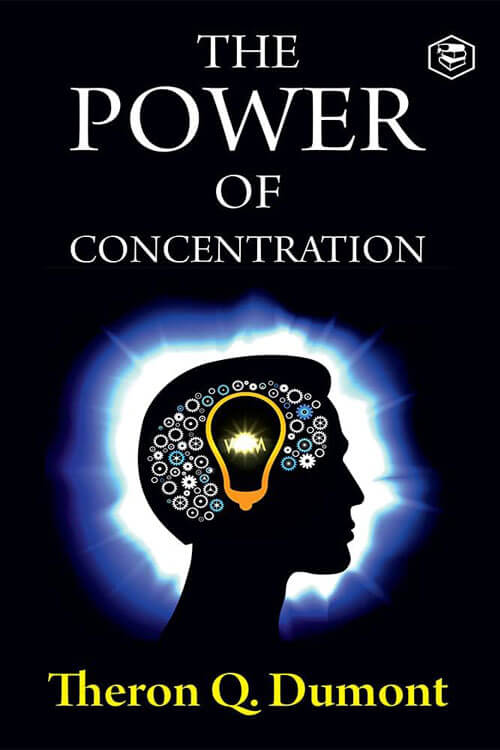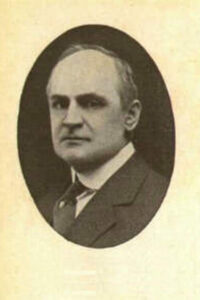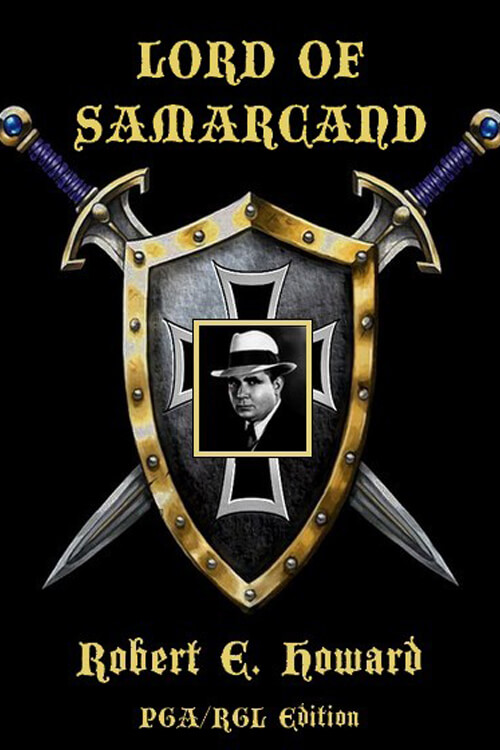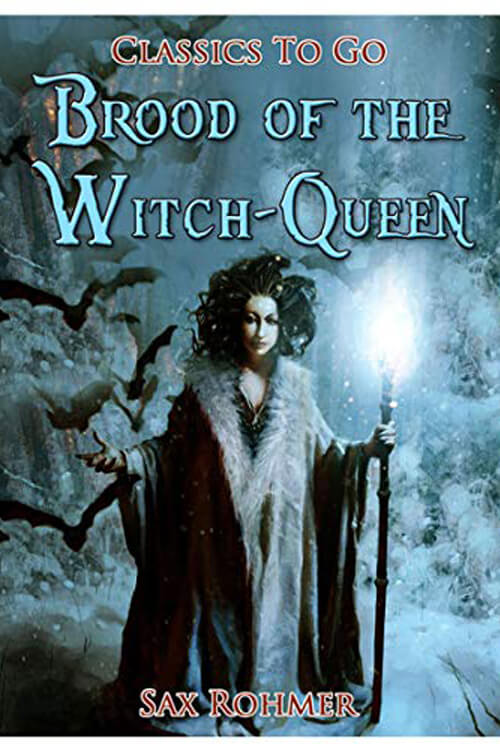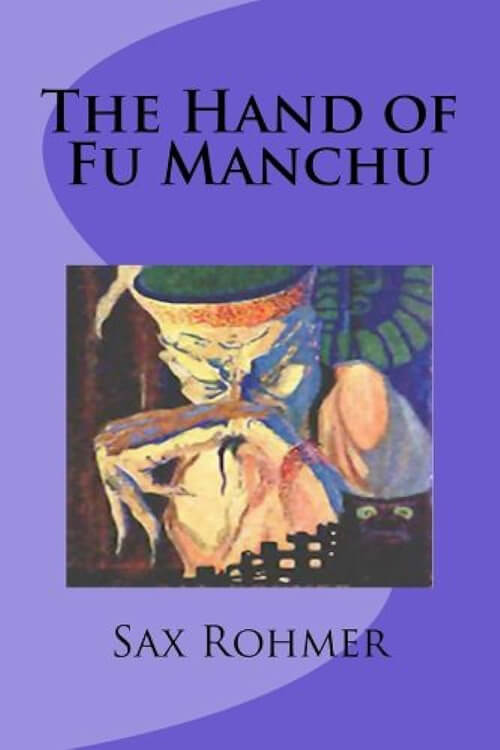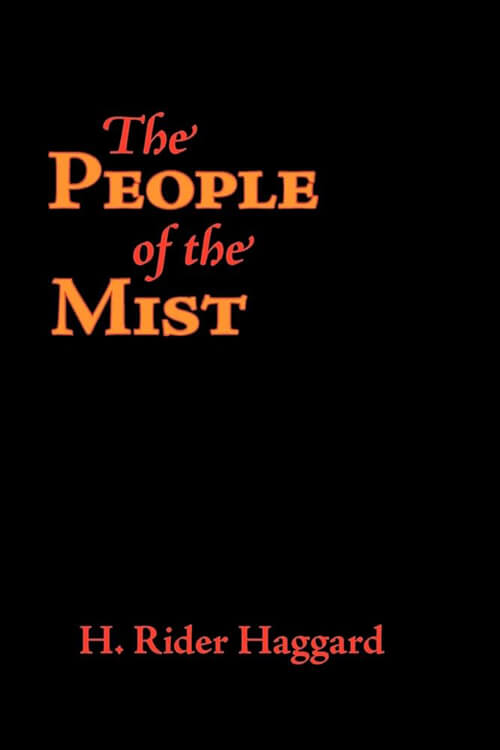
The Power of Concentration
You may think these exercises are straightforward and of no value, but I promise you that in a short time, you will notice that you have much better control over your muscular movements, carriage, and demeanour. You will also find that you have significantly improved your power of attention and can centre your thoughts on what you do, which, of course, will be very valuable.
No matter what you may be doing, imagine it is your chief object. Imagine you are not interested in anything else but what you are doing. Do not let your attention get away from the work you are doing. Your attention will no doubt be rebellious, but control it and do not let it control you.
Read or download Book
Theron Q. Dumont
William Walker Atkinson (December 5, 1862 – November 22, 1932) was an attorney, merchant, publisher, author, occultist, and American pioneer of the New Thought movement.
Biography.
He authorises the pseudonymous works attributed to Theron Q. Dumont and Yogi Ramacharaka.
He wrote an estimated 100 books, all in the last 30 years of his life. He was mentioned in past editions of Who’s Who in America, Religious Leaders of America, and similar publications. His works have remained in print more or less continuously since 1900.
Life and career
William Walker Atkinson was born in Baltimore, Maryland, on December 5, 1862, to Emma and William Atkinson. He began his working life as a grocer at 15 years old. He married Margret Foster Black of Beverly, New Jersey, in October 1889, and they had two children. Their first child died young. The second was later married and had two daughters.
Atkinson pursued a business career from 1882 onwards, and in 1894, he was admitted as an attorney to the Bar of Pennsylvania. While he gained much material success in his profession as a lawyer, the stress and over-strain eventually took their toll. During this time, he experienced a complete physical and mental breakdown and financial disaster. He looked for healing, and in the late 1880s, he found it with New Thought, later attributing the restoration of his health, mental vigour and material prosperity to applying the principles of New Thought.
Mental Science and New Thought
Sometime after his healing, Atkinson began to write articles on the truths he felt he had discovered, which were then known as Mental Science. In 1889, his article “A Mental Science Catechism” appeared in Charles Fillmore’s new periodical, Modern Thought.
By the early 1890s, Chicago had become a significant centre for New Thought, mainly through the work of Emma Curtis Hopkins, and Atkinson decided to move there. Once in the city, he became an active promoter of the movement as an editor and author. He was responsible for publishing the magazines Suggestion (1900–1901), New Thought (1901–1905) and Advanced Thought (1906–1916).
He then met Sydney Flower, a well-known New Thought publisher and businessman, and teamed up with him. In December 1901, he assumed editorship of Flower’s popular New Thought magazine, which he held until 1905. During these years, he built an enduring place in the hearts of its readers. Article after article flowed from his pen. Meanwhile, he also founded his Psychic Club and the Atkinson School of Mental Science. Both were in the same building as Flower’s Psychic Research and New Thought Publishing Company.
Writings
Atkinson was a prolific writer, and his many books achieved wide circulation among New Thought devotees and occult practitioners. He published under several pen names, including Magus Incognito, Theodore Sheldon, Theron Q. Dumont, Swami Panchadasi, Yogi Ramacharaka, Swami Bhakta Vishita, and probably other names not identified at present. He is also popularly held to be one (if not all) of the Three Initiates who anonymously authored The Kybalion, which certainly resembles Atkinson’s other writings in style and subject matter. Atkinson’s two co-authors in the latter venture, if they even existed, are unknown, but speculation often includes names like Mabel Collins, Michael Whitty, Paul Foster Case, and Harriett Case.

